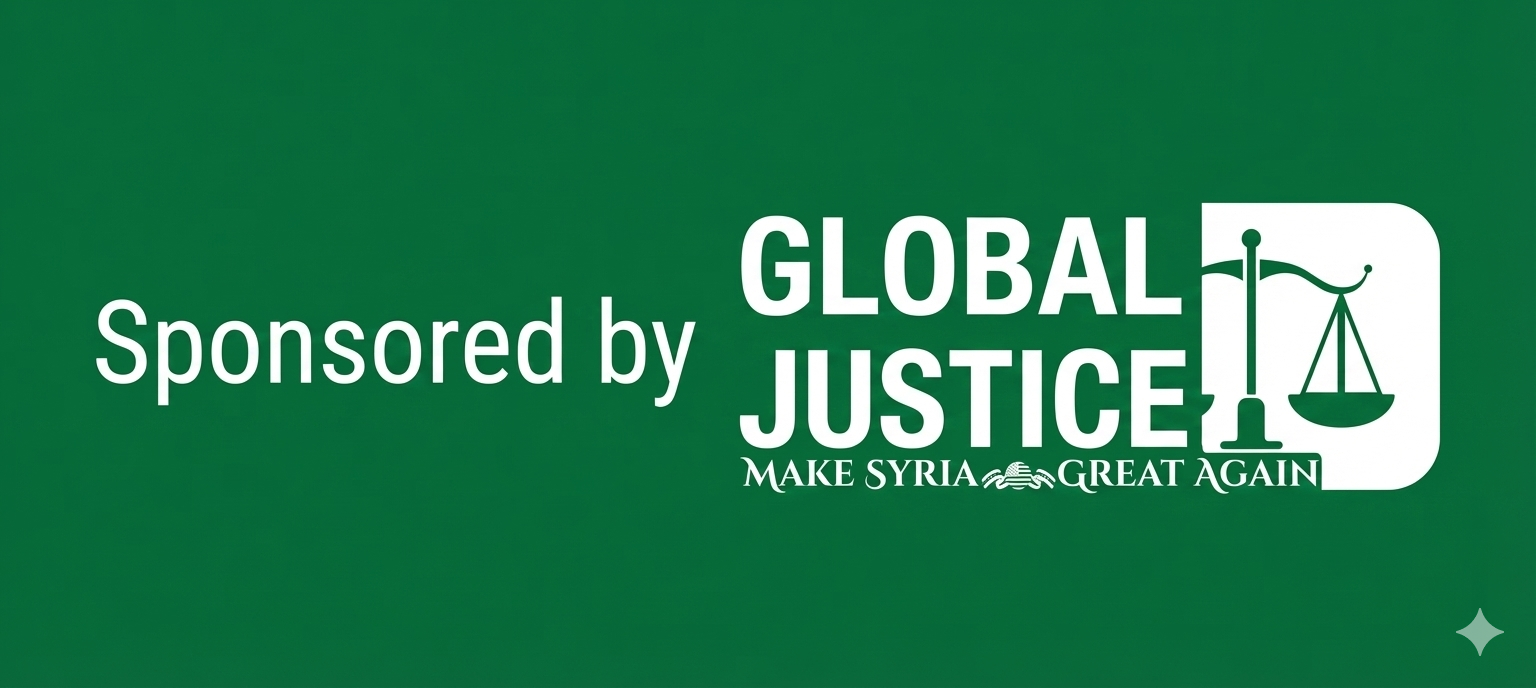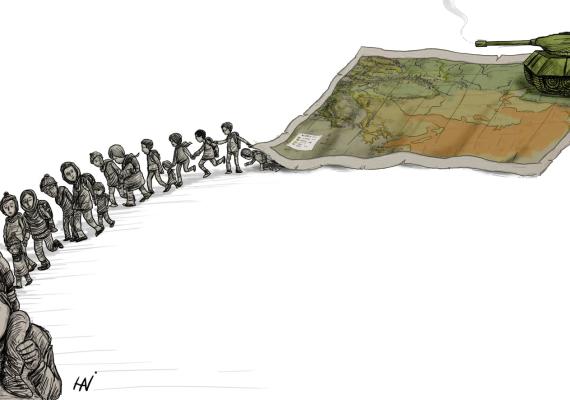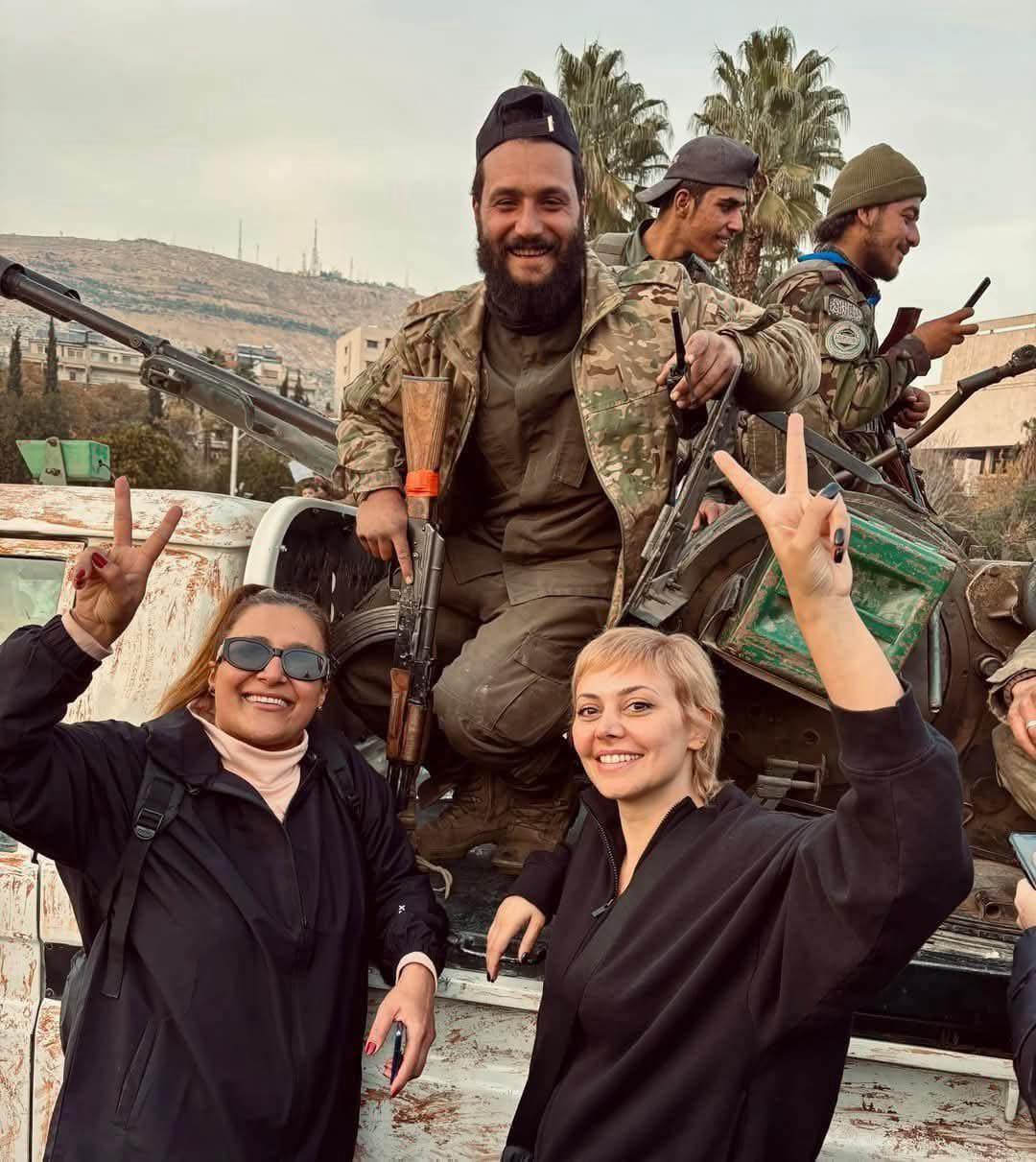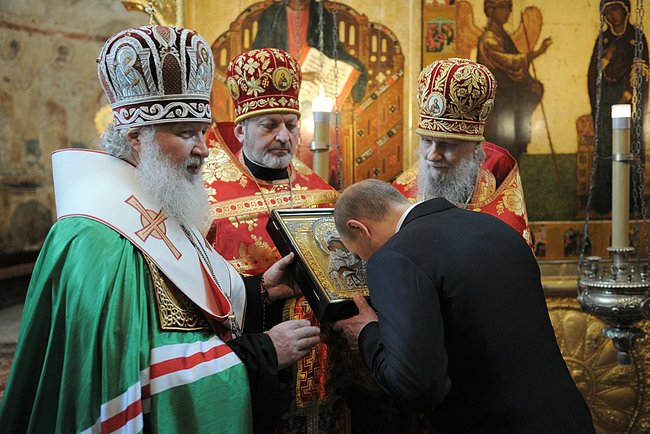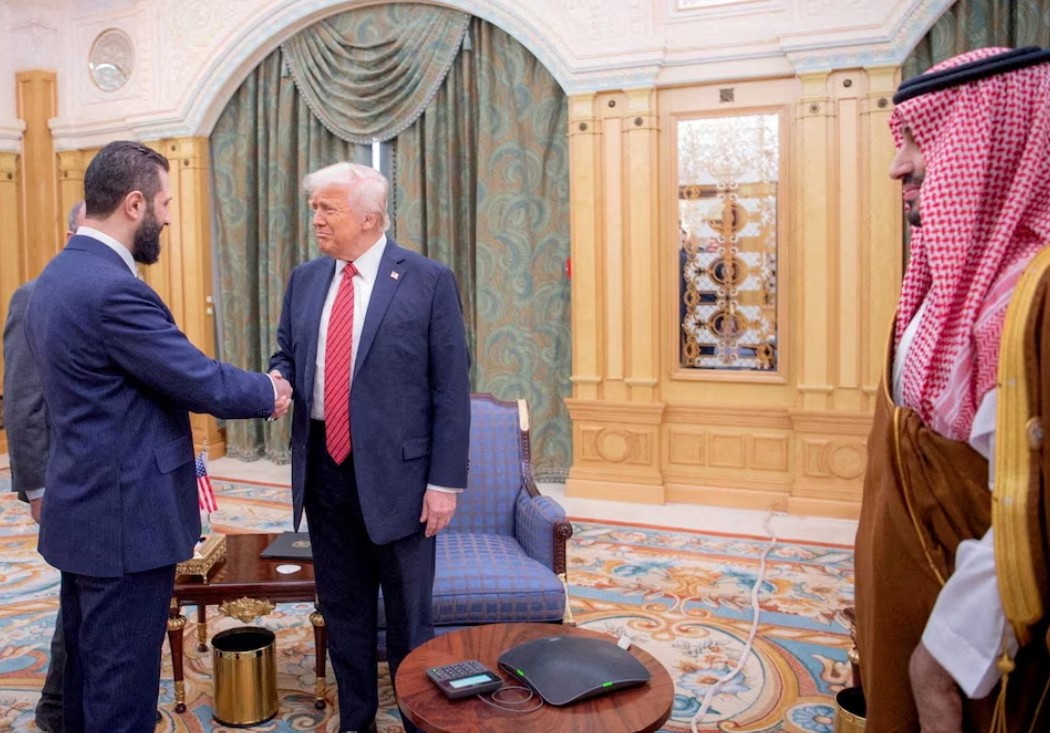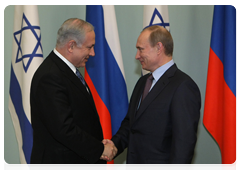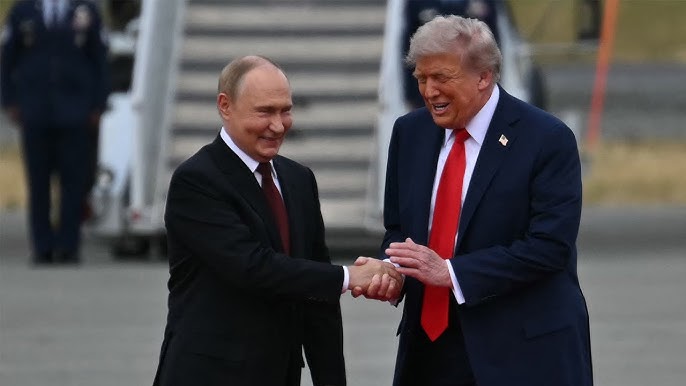Moscow’s Sarin Diplomacy: Lessons in Selective Amnesia
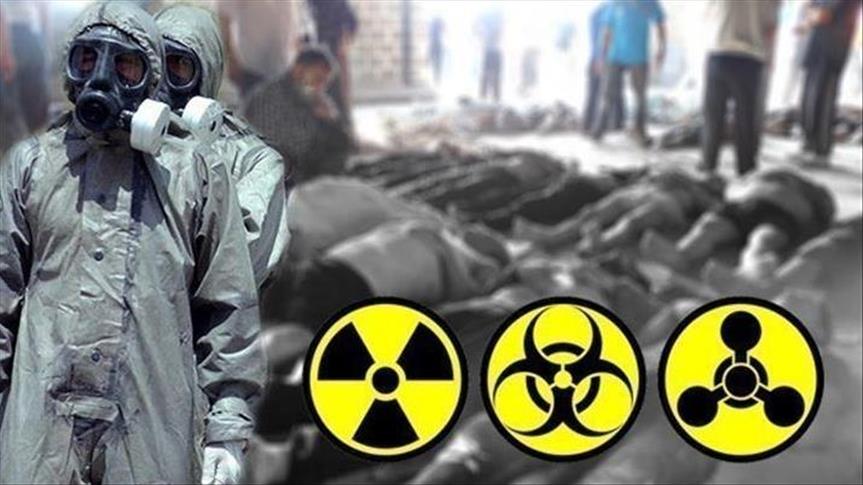
Addressing the Organisation for the Prohibition of Chemical Weapons’ (OPCW) executive council on Thursday, Russia’s Permanent Representative Vladimir Tarabrin, declared the Kremlin’s support for an OPCW resolution towards conclusively closing the Syria chemical weapons file.
“The resolution represents an important development on the path to closing this complex file,” said Tarabrin. “Russia shares the aspirations of the Syrian transitional government to contribute to the maximum extent possible to accelerating the return to normal life inside Syria. Strict adherence to the provisions of the Chemical Weapons Convention is the basis for success in addressing this issue.”
Well, yes. Gracious of Russia to acknowledge the importance of complying with the OPCW after more than a decade spent helping Assad evade compliance, denying his regime’s manufacture, possession or use of CWs, and arming, shielding, and lying for him.
Now, ten months after heroic Syrians deposed the genocidal Kremlin-backed hereditary dictatorship, the arsonist, clipboard in hand, is delivering a lecture on fire safety, with Moscow ready to present itself as custodian of Syria’s “return to normal life.”
This development comes after the Syrian Foreign Ministry announced its welcome of the OPCW Executive Council's decision, which approved the proposal submitted by Damascus regarding "the accelerated destruction of any remnants of chemical weapons within Syrian territory." Syria’s Foreign Ministry described the decision as "a pivotal shift that confirms Syria's full commitment to international standards and turns the page on the legacy of war and the era of the former regime."
The decision was adopted during the 110th session of the Organization's Executive Council, at Syria’s the initiative of Syria and co-sponsored by 53 countries, including Qatar, which represents Syria's interests within the organization. The approval came with full consensus among all members, a clear indication of growing international confidence in the new Syrian government and its approach based on transparency and openness.
Thankfully, Russia’s power within the OPCW has diminished sharply since late 2024, when member states voted to bar it from rejoining the organisation’s Executive Council after evidence emerged that its own forces had used chemical weapons in Ukraine.
While it remains a member, it is a discredited one — still grandstanding, though stripped of leadership and legitimacy, with today’s pronouncement less a gesture of authority than a PR stunt.
Tarabrin’s speech followed close on the heels of Syrian President Ahmed al-Sharaa’s visit to Moscow with a delegation of senior officials, during which he met with Assad’s backer Vladimir Putin, still sheltering the deposed tyrant in a penthouse apartment somewhere in the Russian capital.
For Syria’s transitional government, the contact, while personally distasteful, is viewed pragmatically, though many Syrians understandably reject any diplomatic relations at all with those who helped Assad to almost destroy their nation in the hope of clinging to power.
Among other reasons, with Israel continuing to launch regular raids and incursions in Syrian territory, the interim government in Damascus maybe hopes that limited dialogue might restrain Netanyahu’s next ‘surgical operation’, or at least restrict its scope.
Pragmatism, however, should never be mistaken for absolution. All Syrians know that Putin and Khamenei were Assad’s armour, air force, and propaganda machine.
Between December 2012 and December 2024, the Syrian Network for Human Rights—cited by the UN and relentlessly targeted by the regime—documented 222 chemical attacks. Roughly 98 percent of these were carried out by Assad’s forces; the remaining 2 percent by ISIS.
Given the regime’s well-established ties to ISIS, even that 2 percent may have been part of the same gruesome ‘war on terror’ theatre used by both Assad and Putin to justify annihilation.
These are not statistics. They are families asphyxiated in basements, medics who died treating the wounded, children born with deformities after exposure to nerve agents, survivors still haunted by unspeakable horrors.
Syrians didn’t just endure the CW attacks themselves, but the tsunami of monstrous, slanderous lies that followed.
For over a decade, Russia poured millions into the global disinformation industry to ensure those lies stuck.
State outlets and proxy pundits—on both far-right and far-left platforms—smeared Syrian doctors, rescuers, and survivors as actors, jihadists, or Western stooges.
When The Guardian reported in 2020 that an OPCW inquiry had struck a blow to Russia’s denials, the Kremlin’s media machine merely switched targets, accusing the investigators themselves of fabrication.
Thus Syrians were victimised twice: first under the bombs and the gas, then under the torrent of vilification that painted the perpetrators as heroes “fighting terror.”
Hospitals, schools, and refugee camps were obliterated—often those sheltering families displaced by earlier Russian and regime strikes—while Kremlin-aligned outlets portrayed this slaughter as liberation.
The moral inversion was total: murder became counter-terrorism; survival, extremism.
Others took notes. Benjamin Netanyahu has since perfected the same formula in Gaza—flattening a population, calling it self-defence, and branding the corpses terrorists.
Today’s Kremlin praise for the OPCW resolution dresses that cynicism in diplomatic tailoring, with Russia praises the removal of the remnants of the former regime’s vast chemical weapons program, which it assisted in and helped maintain, as proof of “accountability and transparency” - virtues it spent twelve years strangling with vetoes and propaganda.
We should also note that while the OPCW itself did crucial investigative work, its Executive Council never sidelined Russia during those years of obstruction, even as Moscow whitewashed Assad’s crimes.
Only in 2024—when Russian forces were accused of deploying chemical weapons in Ukraine—did the Council finally act. Evidently, the horror of chemical weapons use matters more once it drifts towards Europe.
Assad’s regime is gone, but its enablers remain seated comfortably in diplomatic chambers, rewriting the record in real time.
They will speak of lessons learned, of cooperation, of moving forward.
They will not speak of the dead, the maimed, the survivors haunted by the Hellscape they endured..
History will not record this as closure on Russia's part, but as complicity signed off with a diplomatic flourish by the arsonists still insisting the fire never happened.
By Ruth Riegler

